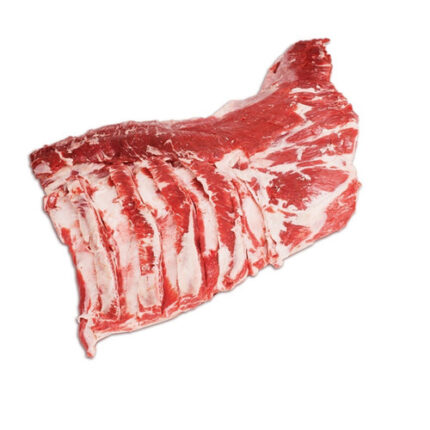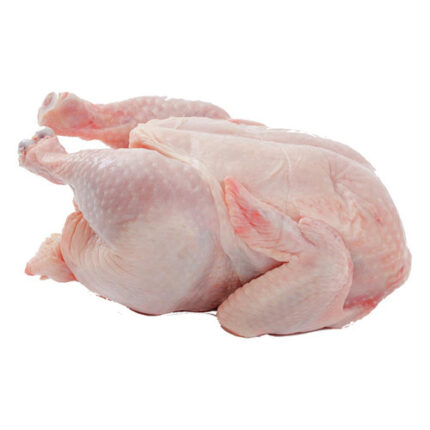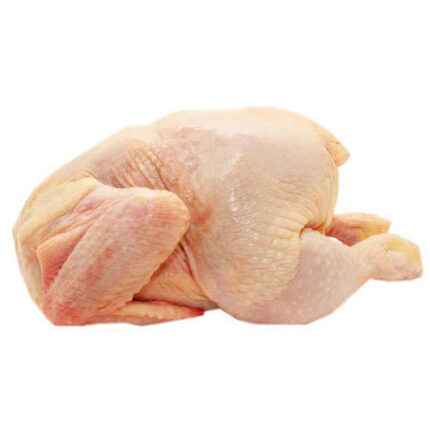Organic Millet Grain 500g . Organic Millet Grain 500g
Organic produce.
Mildly sweet, golden coloured grain.
Swells slightly when cooked.
Use in savoury and sweet cooking.
Millet grain does not naturally contain gluten.
Packed in Sussex.
500g pack.
Millet is a very tiny, spherical pseudo-cereal which is golden yellow coloured and very subtly sweet. Millet can be eaten whole, just like rice and added to salads, soups and casseroles. It is also possible to crush or grind the grain to make millet porridge or flour for breads and biscuits. Cooking Millet Roast millet dry in a pan (or with a tiny amount of oil) until lightly brown. Then simmer in water for 20 minutes or until fluffy. For best results, use a pan with a tight lid and just enough water to cover the millet by an inch. The millet will then absorb all of the water and will therefore require no draining.
Organically grown millet grain. For more information on our ingredients policy please see here .
Creating clear and transparent shipping and handling policies is crucial for a commodity trading company like Agropastoral Products Co., Ltd. Here's a framework for the Shipping and Handling Policy:
1. Shipping Policy:
a. Shipping Process: - Detail the steps involved in the shipping process, from order placement to delivery.
b. Shipping Rates: - Specify the shipping costs associated with various products or order amounts.
c. Delivery Timeframe: - Provide estimated delivery times based on location and shipping method.
d. Shipping Carriers: - Name the shipping carriers used and any partnerships that may influence shipping.
e. International Shipping: - Explain international shipping options, rates, and potential customs or import duties.
f. Tracking Information: - Describe how customers can track their orders and obtain tracking information.
g. Shipping Restrictions: - List any countries, regions, or products where shipping may be restricted or limited.
2. Handling Policy:
a. Packaging: - Describe how products are packaged to ensure safe transit and delivery.
b. Quality Assurance: - Explain any quality control measures or checks in place during the handling process.
c. Fragile Items: - Provide special handling instructions for fragile or delicate commodities.
d. Inventory Management: - Detail how inventory is managed to maintain accuracy and prevent errors in order fulfillment.
e. Returns and Exchanges: - Outline the process for handling returns, exchanges, or replacements related to shipping issues or damaged items.
3. Additional Policies:
a. Lost or Damaged Items: - Explain the procedure for reporting and addressing lost or damaged items during shipping.
b. Split Shipments: - Describe under what circumstances the company may split an order into multiple shipments and how this is communicated to the customer.
c. Free Shipping Offers: - Clarify conditions for free shipping, such as minimum order amounts or specific products.
d. Holiday or Peak Season Shipping: - Provide information about any special considerations or delays during peak seasons or holidays.
e. Force Majeure: - Address how the company handles unforeseen events like natural disasters, strikes, or other force majeure events affecting shipping and delivery.
f. Contact Information: - Provide contact details for customers to reach out for shipping-related queries, concerns, or support.
Regularly update and review these policies to ensure they align with your company's operations and any changes in shipping or handling processes. Communicating these policies clearly to your customers will help manage their expectations and provide a positive shopping experience.
















Reviews
There are no reviews yet.